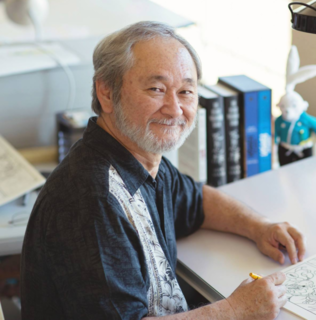A Quote by M. F. K. Fisher
At its best, [Japanese cooking] is inextricably meshed with aesthetics, with religion, with tradition and history. It is evocative of seasonal changes, or of one's childhood, or of a storm at sea.
Related Quotes
Study the great brush drawings of the Chinese and Japanese... When we try to imitate their conventions for perspective, form and texture we lose the content, because those artists were part of an ancient tradition. Our tradition changes rapidly, our schools of thought come to fruition quickly and decay again. We see differently.
I don’t know much about history, and I wouldn’t give a nickel for all the history in the world. It means nothing to me. History is more or less bunk. It's tradition. We don't want tradition. We want to live in the present and the only history that is worth a tinker's damn is the history we make today.
This is a tradition of resistance to the term that's as old as the term itself, especially because that term has been used to commodify and reduce black creativity, and also to appropriate and sell it. That's what John Coltrane said in an interview with a Japanese journalist: "Jazz is a word they use to sell our music, but to me that word does not exist." And he's treated as one of the central figures in the history of jazz. So if he rejected it, then why is it weird when I do it? I'm in the tradition!






































